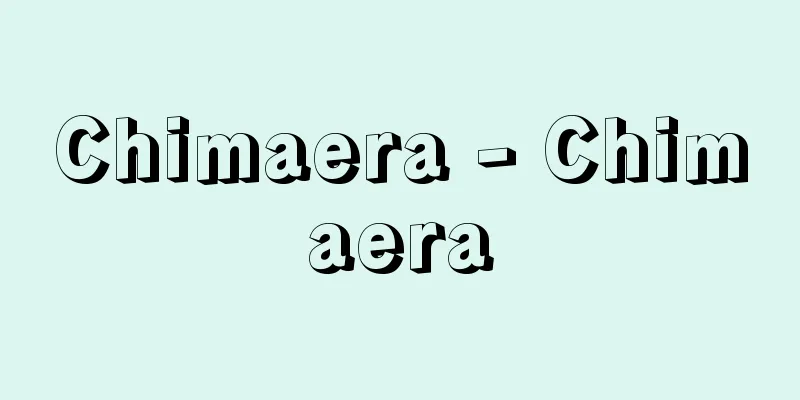Ancient Capitals Preservation Law

|
The abbreviation for the "Act on Special Measures for the Preservation of Historical Environment in Ancient Capitals" (Act No. 1 of 1966). As of 2010, Nara City, Kyoto City, Kamakura City, Zushi City, Otsu City, Tenri City, Kashihara City, Sakurai City, Ikaruga Town, and Asuka Village have been designated as ancient capitals, and the purpose of this law is to regulate land use and develop facilities in order to preserve the historical environment of these cities, which "have an important historical position as the political and cultural centers of our country in the past." Methods of regulating land use include the designation of Historical Environment Preservation Areas and Special Historical Environment Preservation Districts. The Minister of Land, Infrastructure, Transport and Tourism designates Historical Environment Preservation Areas and decides on Historical Environment Preservation Plans. Within these areas, new construction and renovation of buildings are subject to a notification system. In addition, the Minister of Land, Infrastructure, Transport and Tourism may designate key parts of this area as special historic preservation districts, in which new construction, renovation, etc. of buildings must, in principle, be permitted, and those who are unable to obtain permission will be compensated for their losses or have their land purchased. A special law to this law is the "Special Measures Law Concerning the Preservation of Historical Environment and Improvement of Living Environment in Asuka Village" (Asuka Preservation Special Measures Law), which was enacted in 1980 (Showa 55). [Yasuhito Abe] [Reference] | |Source: Shogakukan Encyclopedia Nipponica About Encyclopedia Nipponica Information | Legend |
|
「古都における歴史的風土の保存に関する特別措置法」(昭和41年法律第1号)の略称。2010年(平成22)現在、奈良市、京都市、鎌倉市、逗子(ずし)市、大津市、天理市、橿原(かしはら)市、桜井市、斑鳩(いかるが)町、明日香(あすか)村を古都として指定し、「わが国往時の政治、文化の中心等として歴史上重要な地位を有する」これらの都市の歴史的風土を保存するため、土地利用規制や施設整備を図ることを目的としている。土地利用規制の手法としては、歴史的風土保存区域と歴史的風土特別保存地区の指定がある。国土交通大臣は歴史的風土保存区域を指定し、歴史的風土保存計画を決定する。この区域内では建物の新改築などが届出制とされている。また、国土交通大臣は、この区域内の枢要部分について歴史的風土特別保存地区を定めることができ、この地区では建物の新改築などは原則として許可制とされ、許可を受けられない者には損失補償や土地の買入れがなされる。この法律の特別法として、1980年(昭和55)に制定された「明日香村における歴史的風土の保存及び生活環境の整備等に関する特別措置法」(明日香保存特別措置法)がある。 [阿部泰隆] [参照項目] | |出典 小学館 日本大百科全書(ニッポニカ)日本大百科全書(ニッポニカ)について 情報 | 凡例 |
<<: Kodomari [Village] - Kodomari
Recommend
Burden, C.
...This is why many performances are dance-like o...
Tātā, JN (English spelling) TataJN
…Along with the Birla conglomerate, it is one of ...
Laying on of hands therapy
Even after the development of modern science, the...
Cropping season - Sakuki (English spelling)
This refers to the period during which crops are g...
Ottiny - Ottiny
In the 20th century, the university was in the mi...
Nikol'sk Ussuriiskii (English spelling)
…It has factories for oils and fats, sugar, flour...
Diffusion dialysis - Kakusan Touseki
…The phenomenon in which solute molecules move th...
Luo Mu
[Born] Revelation 2 (1622) [Died] After the 45th y...
Walker, E.
…Book production was no exception, and it became ...
Shojokein Temple
This temple is located in Teramachi-dori Hirokoji...
Tetraboric acid
...The properties and structure are shown in the ...
Amago - Amago
〘Noun〙① A land-locked form of the anadromous satsu...
Pseudo-amenorrhea
...Ovarian wedge resection is effective (75-90%)....
Kibe school - Kibeha
One of the ten schools of Jodo Shinshu. Shiga Pref...
Counterculture
Counterculture is a culture created by people who ...









